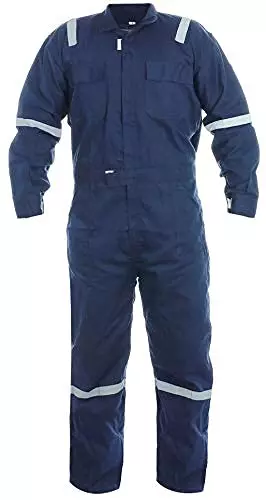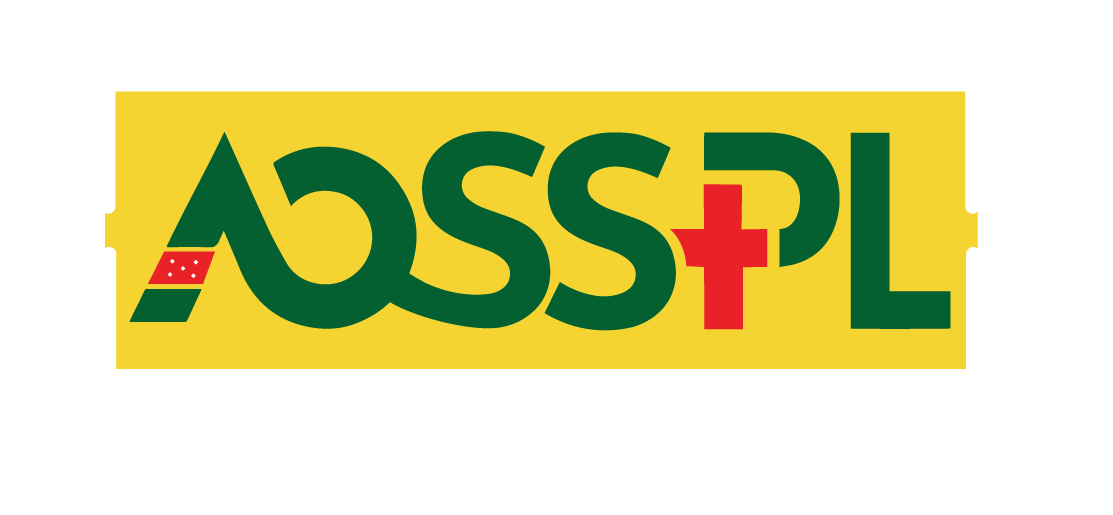In high-risk industrial environments—whether in manufacturing, construction, chemical plants, or oil refineries—safety is never optional. The dangers are real, immediate, and potentially life-threatening. One of the unsung heroes in the world of industrial safety is the boiler suit, a simple yet essential piece of personal protective equipment (PPE) that often makes the difference between a minor incident and a fatal accident.
What Is a Boiler Suit?
A boiler suit, also known as a coverall or overall, is a one-piece protective garment that covers the entire body except for the hands, feet, and head. Designed for comfort and mobility, it protects workers from hazardous materials, sharp objects, extreme temperatures, and contaminants.

Why Boiler Suits Matter in Industrial Safety
- Protection Against Chemical Exposure
In industries dealing with chemicals, the risk of spills and splashes is ever-present. Boiler suits made from chemically resistant fabrics act as the first line of defense, preventing harmful substances from coming into contact with the skin.
- Fire and Heat Resistance
Flame-retardant boiler suits are critical in environments where workers are exposed to sparks, open flames, or high temperatures. These suits are engineered to resist ignition, reduce burn injuries, and even self-extinguish, buying valuable seconds for escape or intervention.
- Barrier Against Contaminants and Dust
In sectors like mining or construction, airborne particles and dust can not only cause long-term respiratory problems but also skin irritation. Boiler suits minimize contact with harmful agents, helping maintain overall hygiene and worker health.
- Prevention of Clothing Snag Hazards
Loose clothing can easily get caught in moving machinery, leading to severe injuries. Boiler suits are designed to fit snugly while allowing freedom of movement, greatly reducing the risk of entanglement.
- Improved Visibility
Many modern boiler suits are made with high-visibility colors and reflective strips, making workers more visible to vehicle operators and colleagues in low-light or high-traffic environments—preventing accidents before they happen.
- Standardization and Compliance
Boiler suits also help ensure that every worker meets regulatory safety standards. When properly fitted and worn, they align with OSHA and other international safety requirements, reducing liability for employers and ensuring safer working conditions for all.
Real-Life Impact: Boiler Suits Save Lives
The effectiveness of boiler suits is backed by countless case studies. From protecting oil rig workers during flash fires to shielding factory workers from corrosive spills, these garments are responsible for preventing injuries and saving lives daily. It’s not just about compliance—it’s about real-world outcomes.


Choosing the Right Boiler Suit
When selecting boiler suits for industrial use, consider the following:
- Material Type: Flame-resistant, chemical-resistant, or disposable suits for clean rooms.
- Fit and Comfort: Proper sizing ensures mobility and prolonged wear.
- Durability: Industrial environments demand tough materials that last.
- Certifications: Look for suits that meet industry-specific safety standards.
Final Thoughts
Boiler suits might not be the flashiest part of workplace safety gear, but they are undeniably one of the most crucial. These protective garments shield workers from serious harm, promote hygiene, and enhance overall safety compliance. As industries continue to evolve and new hazards emerge, investing in high-quality boiler suits remains a simple yet powerful way to protect your most valuable asset—your workforce.


